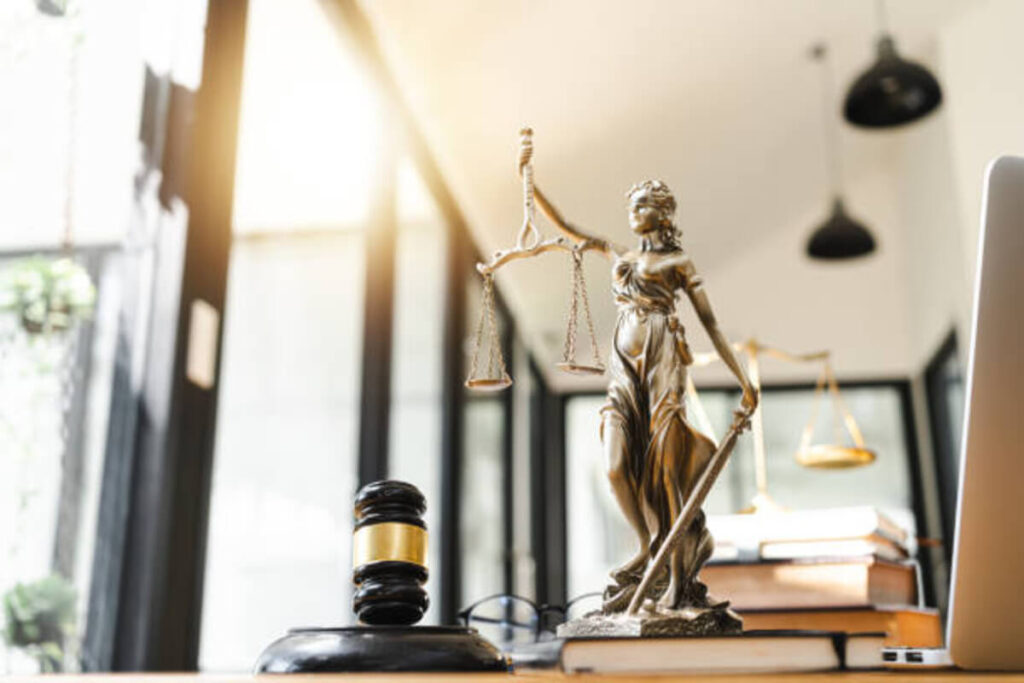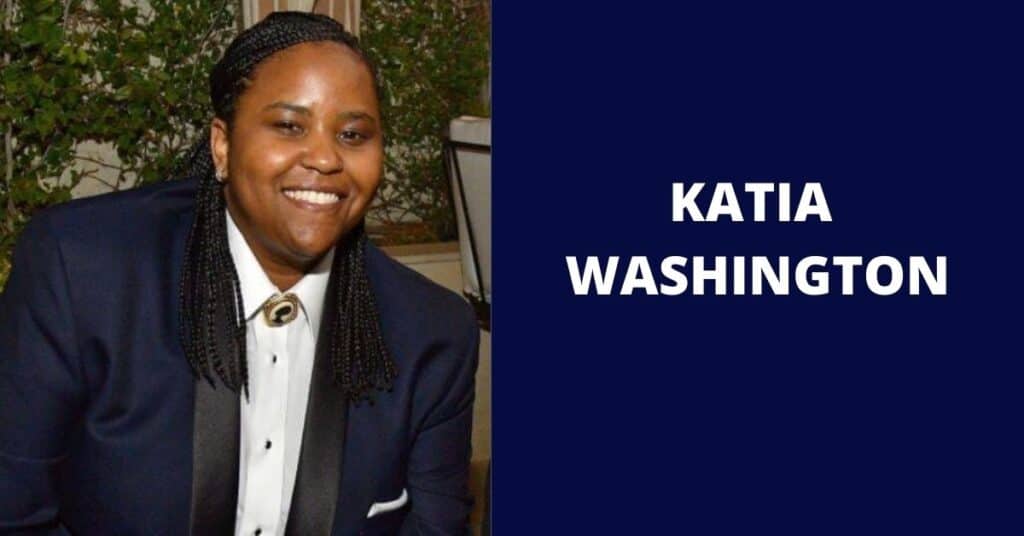Nigeria operates a democratic government made up of the executive, legislative, and judiciary. The legislative arm has specific responsibilities which are making laws and regulations that govern the country.
The arms of the government work hand in hand to handle the affairs of the country. However, our focus in this blog will be on the legislative arm rather than the three.
Also, check out the Functions of the Judiciary Government.
In the post, you will learn about the legislative arm of the Nigerian government, its history, composition, and responsibilities.
Legislative Government
The legislative part of a democratic government is in charge of enacting laws that are then upheld by the courts. The constituents who elect the members of the legislative body choose them to serve their interests. A parliament, legislature, or national assembly—which may be unicameral or bicameral
The legislative body is frequently divided by political groups, and legislators belong to a specific party. The majority party in the legislative body has the power to establish the government and appoint the speaker of the house (house of representatives) and senate president (house of assembly).
The legislative arm is essential in determining how the government operates and ensuring that the needs of the populace are taken into account.
The Senate and the House of representatives
The Senate and the House of Representatives are the two components that make up the legislative branch of Nigeria’s bicameral form of government. The National Assembly, which consists of the Senate and the House of Representatives, is Nigeria’s central government’s governing body.
There are 109 senators who make up the Senate, the National Assembly’s higher body. In Nigeria, the Federal Capital Territory (FCT) elects one senator, and each of the 36 states elects three senators. Senators are chosen for four-year terms and have the option of running again.
On the other side, the National Assembly’s lower body, the House of Representatives, has 360 members. In Nigeria, there are 360 federal districts from which the representatives of the House of Representatives are chosen. Members of the House of Representatives have four-year terms and are eligible for reelection, just like senators.
Similar powers are shared by the Senate and the House of Representatives, including the capacity to introduce and pass laws, approve federal nominations, and look into matters of significance to the country.
The Senate, on the other hand, is regarded as the higher body and has certain extra authority, including the capacity to ratify treaties, confirm specific federal appointments, and approve budgets.
Also, for a measure to be forwarded to the president for approval, it must pass both the Senate and the House of Representatives.
History of the National Assembly
The National Assembly is the legislative body of the Nigerian government. After years of military oppression, democratic administration was restored in 1999, leading to the establishment of the organization in its current form.
Nonetheless, the history of Nigeria’s legislative bodies dates back to the colonial era. In 1922, the British colonial authorities in Nigeria established the first legislative council.
This council was composed of individuals who had been appointed, and its main duty was to offer advice.
A more representative legislative council with some elected members was created by the 1946 Richards Constitution. Yet, the British colonial authorities continued to have the majority of control over this council.
However, this system was short-lived since a series of military coups in the 1960s and 1970s suspended democratic rule and disbanded the legislature.
A new constitution was put into effect in 1979, reinstating a bicameral legislature after a period of military rule. Nevertheless, this system was once again shut down in 1983 as a result of another military coup.
It wasn’t until 1999, when the current National Assembly was elected, that Nigeria’s democracy was fully restored. The Senate and House of Representatives make up the National Assembly, whose members are chosen by universal adult suffrage.
The National Assembly has the power to pass laws, ratify government appointments and budgets, and manage governmental affairs.
Also, check out the Functions of the Nigerian National Library.
The function of the National Assembly
Nation Assembly performs the following functions as part of their responsibilities.
Lawmaking
The Nation of Assembly is responsible for making laws for the country, which includes passing bills that originate in the Senate, as well as reviewing and amending bills passed by the House of Representatives.
Oversight
Another function is to investigate any matter of public concern and to oversee the actions of the executive branch of government, including the president and his appointees.
Representation
The elected members collaborate to represent the interests of their respective states and constituencies. They are the advocate of people in their constituents.
Confirmation of Appointments
The National Assembly vets every member that the President put forward for a position or appointment before confirmation.
Budget Approval
Budget Approval is one of the crucial activities of the National Assembly. They ensure that the stated figures and plans in the budget are consistent with the needs of the government.
Constitution Amendment
The constitution amendment is one of the responsibilities of the National Assembly. They review to add, subtract, or improve the written laws.
Checking the power of the executive
The legislative branch restrains the executive branch from becoming too powerful by checking its power. Besides approving or rejecting the president’s or prime minister’s appointments and decisions, the legislature can impeach them.
Overseeing government agencies
The legislative arm is responsible for overseeing government agencies to ensure that they are functioning efficiently and effectively. This includes holding hearings and conducting investigations into agency activities, as well as approving budgets and funding for government programs.
Conclusion
An important part of Nigeria’s democratic government is its legislative branch. It has a bicameral governmental structure, which means that the Senate and the House of Representatives collaborate to enact laws and manage the executive branch.
The congressional branch is in charge of defending public interests, making sure the government is transparent, and limiting the authority of the executive branch.
Additionally, it is in charge of supervising government organizations and giving those who might not otherwise have a vote in governmental decision-making a voice.
Before you go, check out The Standards Organization of Nigeria.







